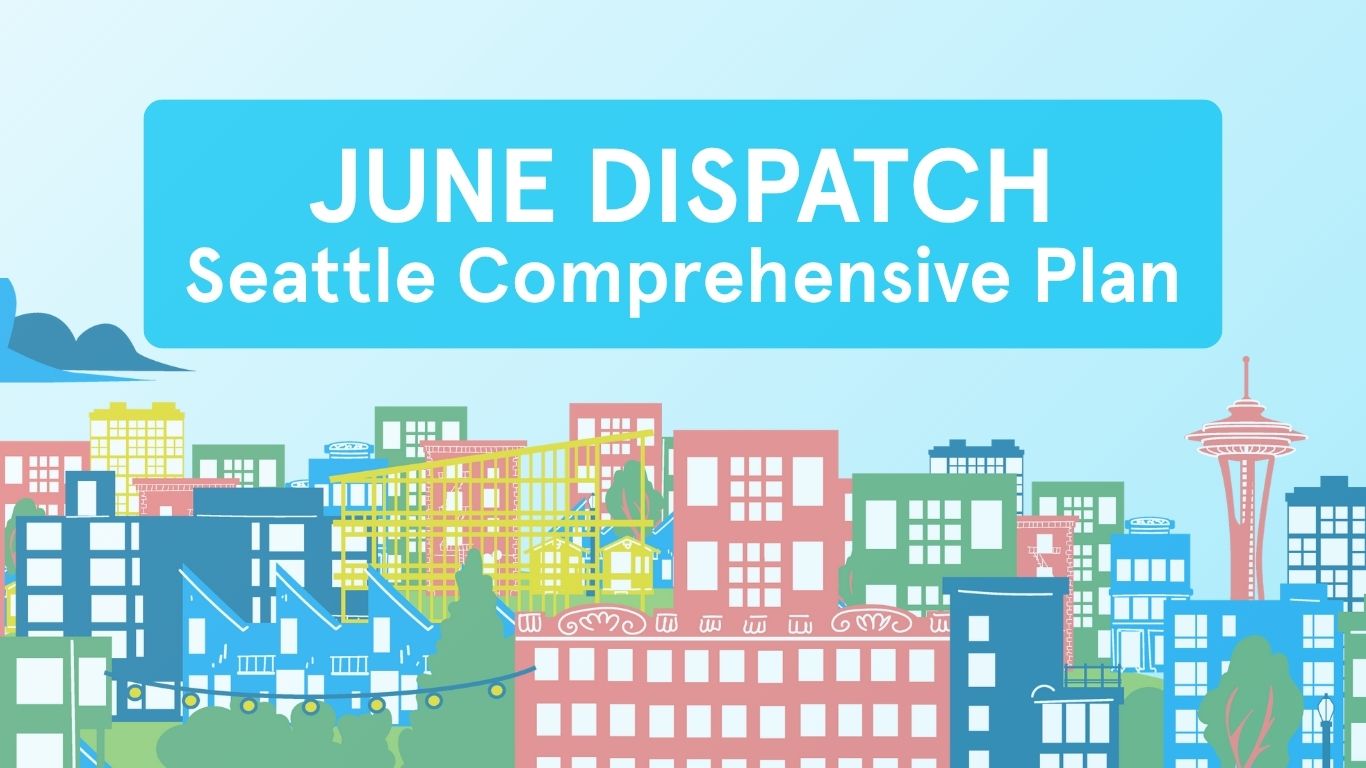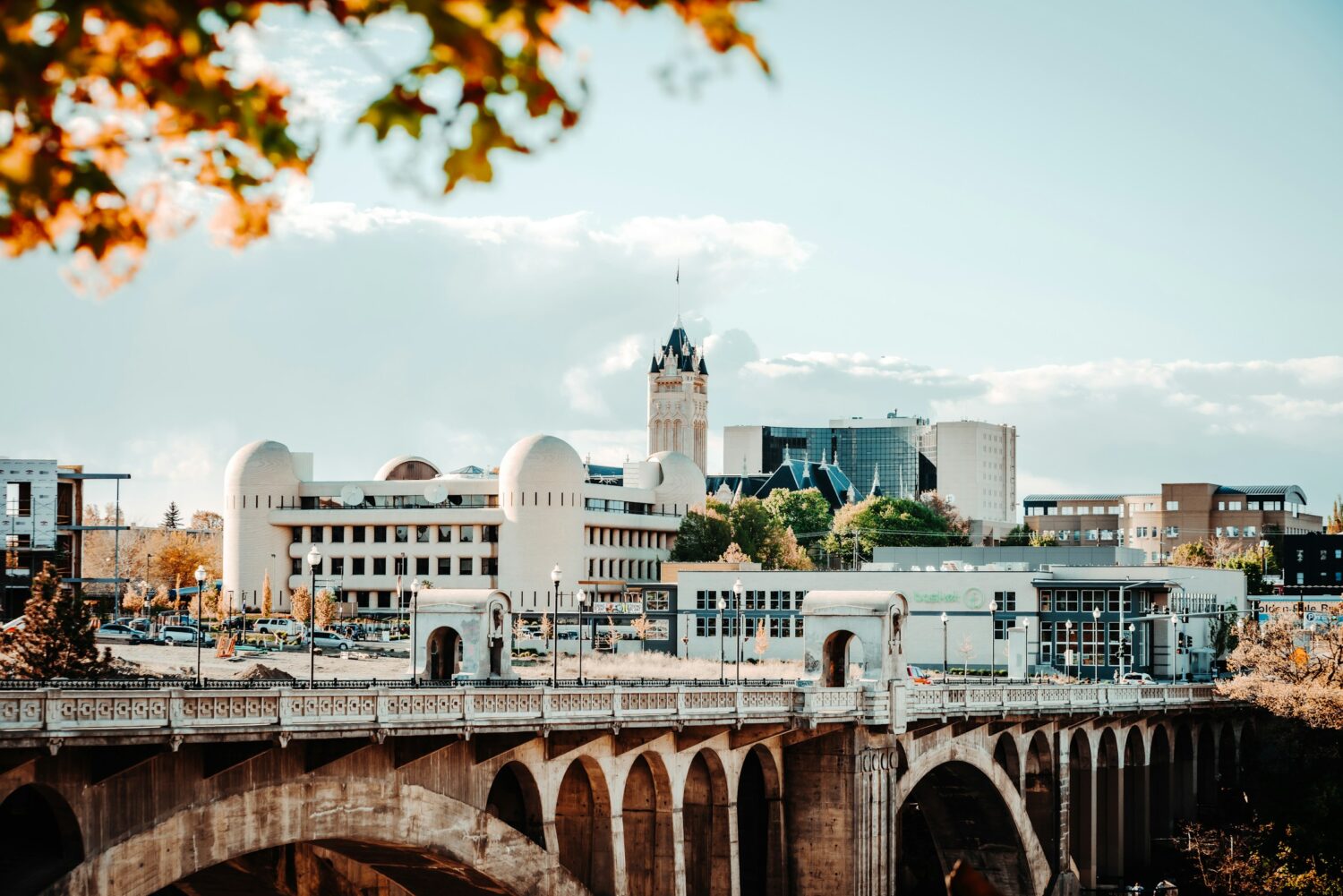Wonkabout Washington: Intergenerational Organizing in Olympia
Lessons in Intergenerational Organizing from Olympia
We’re all socially distancing here in Washington but last week we convened a group of land use leaders in Olympia for a discussion about how to successfully bridge generational divides in urbanist organizing.
In 2018, after over a year of community engagement, Olympia passed legislation permitting “missing middle” housing types across the city, including duplexes, triplexes, fourplexes and courtyard apartments. Olympians for People-Oriented Places (O-POP) led the charge to educate community members about these changes and advocate for passage. Unfortunately, the legislation was challenged under the Growth Management Act and in November 2019, the Growth Management Hearings Board invalidated the housing changes. The city has appealed the ruling and housing advocates like O-POP continue their advocacy.
In our panel discussion, we talk with multiple generations of land use advocates to learn how to bridge generational divides for successful advocacy. You can watch the full panel discussion online and we’ve also compiled our main takeaways in this month’s Wonkabout Washington!
Panelists:
- Kathy McCormick, retired regional and city planner for Olympia and Thurston County
- Holly Gadbaw, current Futurewise Board member, former City Councilmember and Mayor of Olympia
- Janae Huber, founder of Olympians for People Oriented Places (O-POP)
- Dani Madrone, current Olympia City Councilmember
Plans on Paper Need Community Support to Become Plans in Practice
Kathy McCormick was a long-range planner for the City of Olympia and worked on the city’s first comprehensive plan passed in 1994. Kathy noted that the housing chapter of the 1994 plan was “rife” with missing middle housing policies because data at the time showed that the city would need a full range of housing types to accommodate future growth, from high density in the downtown and along major corridors plus missing middle housing throughout the city.
Yet it took decades for these policies to be implemented. It took the formation of O-POP in the last few years to provide a meaningful coalition of support that would see missing middle over the finish line.
Unlikely Friends
O-POP was successful in bringing together a broad coalition for shared goals. In fact, O-POP actually took their cues from the Seattle for Everyone coalition in Seattle, after attending a Futurewise workshop in Olympia! O-POP was successful in connecting home builders, the Chamber of Commerce, neighborhood leaders, environmentalists, farm preservation activists and unions.
Most importantly though, Dani Madrone, current Olympia City Councilmember, highlighted the importance of elevating what she calls the “missing middle of advocacy.” Instead of getting stuck in a polarized debate of activists at either end of the spectrum, focus on supporting regular people who will be impacted by the policy at hand. Oftentimes these folks may feel out of place or unprepared to share their stories in a public form and organizers should be ready to educate and support.
People Can Change
Tensions can run high when it comes to land use, especially on housing issues. But our panelists highlighted that it’s crucial to assume that even people on the opposite side of an issue have the potential to change their minds. Dani implored housing advocates to avoid using the term NIMBY to categorize those who oppose infill or greater density because as she put it, it’s the quickest way to shut down any possibility of a conversation.
In fact, the community activist Jerry Parker who connected all of our panelists actually began his land use career as a neighborhood preservation activist. Later in his career he switched his efforts to investing in Olympia’s downtown and helped connect long-time leaders Kathy and Holly Gadbaw to newcomer Janae Huber. Similarly, Holly won her first city council race as a neighborhood preservationist. She credited her friendship with Kathy and another friend Linda Hoffman for educating her about good urban planning practices.
In another example, Dani shared an anecdote about opposing a large market rate development early in her activism because as she said, as poor single mom, she couldn’t see how that expensive one-bedroom housing was helping her. As she continued her work on housing, she came to appreciate the importance of investing in housing available to everyone on the income spectrum.
Advocacy Can and Must Be Intergenerational
All of our panelists agreed that effective advocacy must be intergenerational and recommended that the core leadership of any group include people from different generations. Why? Different generations bring different expertise, background and networks that a group can draw on for advocacy. Janae spoke of her admiration of Kathy and Holly’s “resources of intellect and experience that helped O-POP get off the ground” while Kathy and Holly credited Dani and Janae for reinvigorating and re-inspiring their housing activism in Olympia.
These are just our top-line takeaways from last week’s discussion, but we encourage you to watch the full panel discussion to learn even more.


